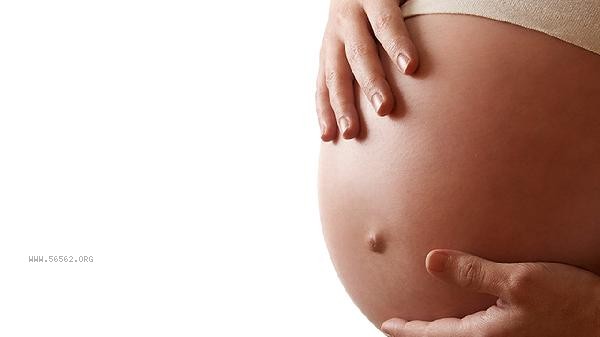Abnormal liver function during pregnancy can usually be cured, mostly through dietary adjustments, medication treatment, regular monitoring, and other methods. Abnormal liver function may be related to factors such as intrahepatic cholestasis of pregnancy, acute fatty liver during pregnancy, viral hepatitis, medication effects, and improper diet.

1. Intrahepatic cholestasis of pregnancy
Intrahepatic cholestasis of pregnancy is a pregnancy specific disease characterized by skin itching and jaundice. This disease may lead to premature birth or fetal distress, and symptoms need to be relieved through medications such as ursodeoxycholic acid capsules and adenosine methionine, while closely monitoring the condition of the fetus. Symptoms usually resolve on their own after childbirth.
2. Acute fatty liver during pregnancy
Acute fatty liver during pregnancy is a critical and severe condition with a sudden onset that may endanger the lives of both mother and baby. Typical symptoms include nausea, vomiting, abdominal pain, and jaundice, requiring immediate hospitalization for treatment. Through comprehensive treatment such as plasma exchange and hepatoprotective drugs, most patients' postpartum liver function can gradually recover.
3. Viral hepatitis
Viral hepatitis such as hepatitis B may increase the liver burden during pregnancy. Virus load testing is required, and antiviral drugs such as tenofovir should be used if necessary to control the condition. Newborns should be vaccinated with hepatitis B vaccine and immunoglobulin in time after birth to block mother to child transmission.

4. Drug Effects
Some pregnant women may experience elevated transaminase levels due to the use of iron supplements, antibiotics, and other medications. This situation usually occurs when the liver function recovers on its own after discontinuing the medication. If necessary, alternative drugs with less impact on the liver can be used. During the medication period, liver function indicators should be regularly rechecked.
5. Improper diet
High fat diet or overnutrition may induce fatty liver during pregnancy. It is recommended to control daily calorie intake, increase the proportion of high-quality protein and dietary fiber, supplement with appropriate amounts of vitamin B and liver protecting nutrients such as milk thistle, and avoid eating moldy or preservative containing foods. Patients with abnormal liver function during pregnancy should ensure adequate rest, avoid staying up late, and engage in vigorous exercise. The diet is mainly light and easy to digest, and ingredients with liver protective effects such as goji berries and red dates can be consumed in moderation. Maintain a daily water intake of around 2000 milliliters to promote the elimination of metabolic waste. Maintain an optimistic attitude and follow medical advice to regularly check liver function, coagulation function, and other indicators. If severe symptoms such as worsening skin yellowing, bloating, or blurred consciousness occur, immediate medical treatment is required. Most patients experience significant improvement in liver dysfunction after childbirth as hormone levels recover.






Comments (0)
Leave a Comment
No comments yet
Be the first to share your thoughts!